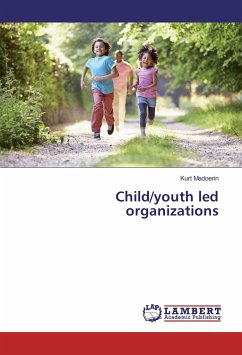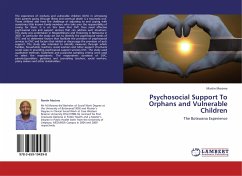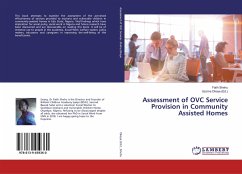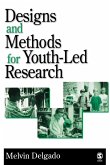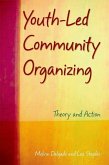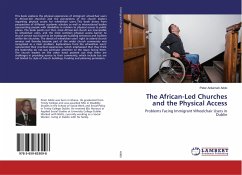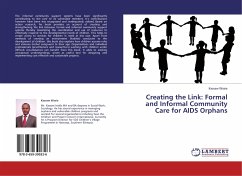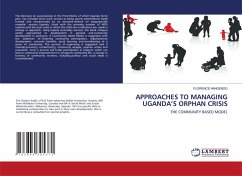The AIDS-crisis in Africa has deprived millions of children and youth from the parental care and support. Loss of parents, being extremely poor, being stigmatized is described as a crisis situation where situational and social demands are beyond a child's existing capacity to act, react and cope. Orphaned children and youth and children living with HIV-infected parents or old grandparents increasingly assume roles that were once traditionally in the adult domain. Thus new roles occupied by children and youth challenge an African cultural context where children are mostly expected to be obedient and submissive but suddenly find themselves assuming roles they are not prepared for and which are not culturally legitimised. By building organisational and collective responses to their common needs and this new situation, children and youth not only begin to address these needs, but also learn other crucial life skills that include communication skills, negotiating skills, administrative skills, etc. The mobilisation of children and youth into their own child-led-organisation is an efficient and effective source of such support.
Bitte wählen Sie Ihr Anliegen aus.
Rechnungen
Retourenschein anfordern
Bestellstatus
Storno

